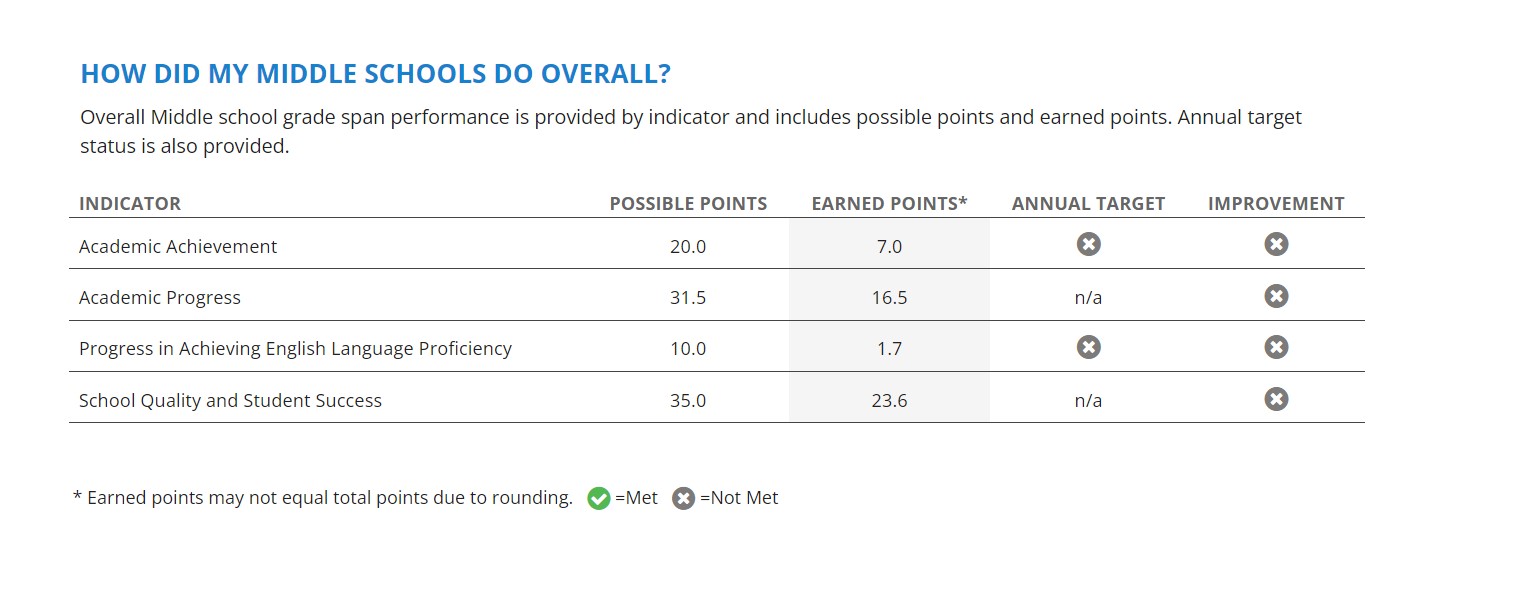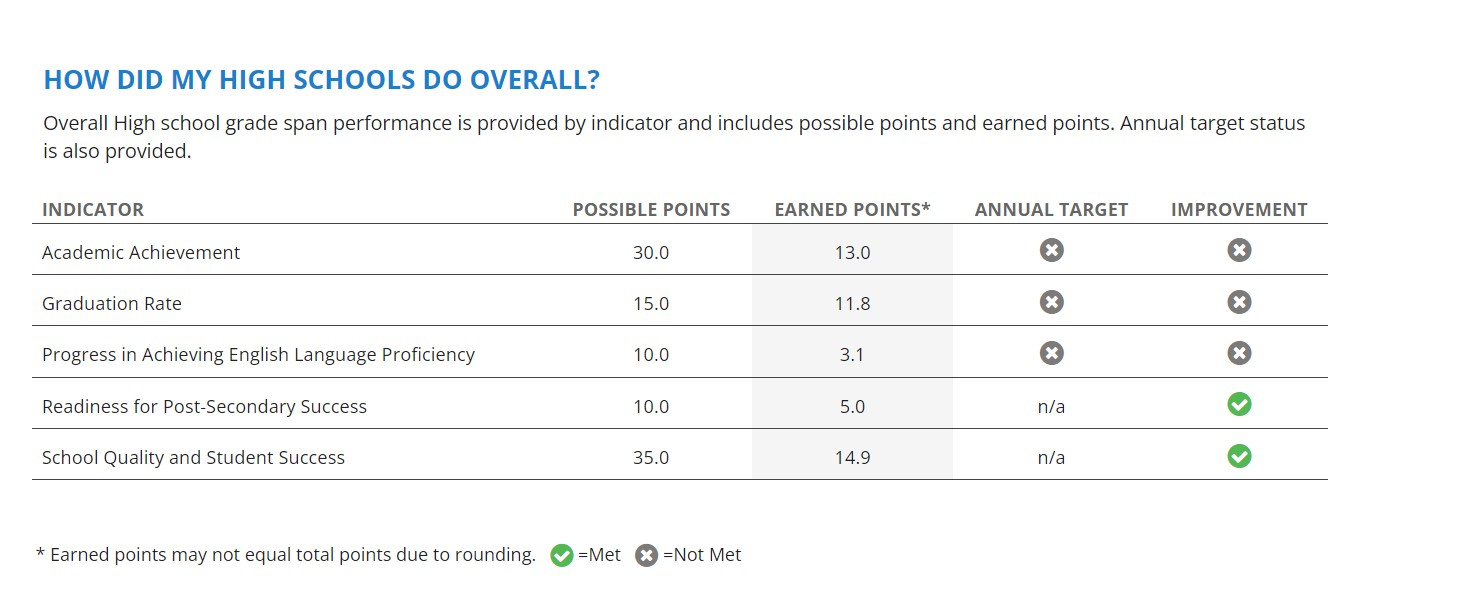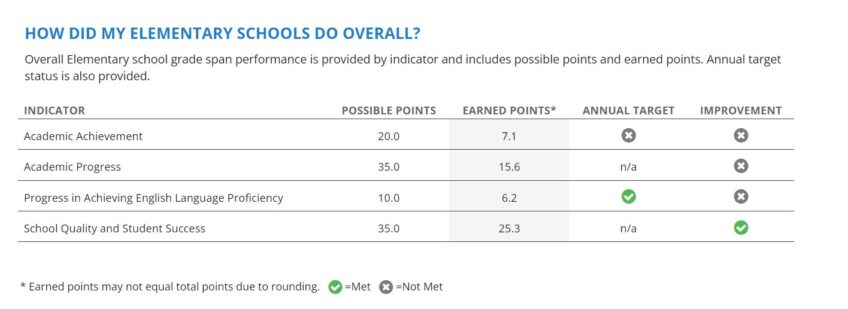At the Prince George’s County Public Schools (PGCPS) board meeting on March 23, the board of education reviewed a presentation of the data from the Maryland Comprehensive Assessment Program (MCAP), which was recently released disaggregated by district and school, and is commonly referred to as the Maryland Report Card. (For more on the county’s results in the state assessments see PGCPS Students’ Declines in Math Called “Concerning” in the February 2 issue of the News Review.)
Pandemic Impact
The administrative team emphasized that students who were kindergarteners during the early pandemic are now in third grade and those students have missed some critical time for math.
Walter Fields, appointed, at-large board member, said the presentation “really tells an incredible story: This pandemic was devastating. And you see it in the cohort analysis. And when you see the drop-off in mathematics.”
In-Person Instruction Essential
CEO Monica Goldson said in-person instruction for mathematics, particularly for younger learners was key, with the ability to use manipulatives and have an educator in front of them.
“Students do not learn mathematics through a screen … manipulatives help conceptual learning,” agreed a member of the administrative team. “Right now what I look to see is … students in groups talking to each other” rather than on laptops, she added, emphasizing engaging classroom environments.
Seeking Best Practices
Shayla Adams-Stafford, representative for District 4, opened the discussion, continuing the adversarial tone among board members by chiding others whom she claimed slept at the presentation. She wanted to know what could be learned from the best-performing cohorts, such as the 10th grade English Language Arts (ELA) students that were outperforming others. Could best practices be applied to areas we’re struggling in, she wondered. The team believed project-based learning, offering student choice, allowing student voice in the classroom and lots of writing were the successful practices taking place in the county’s ELA classrooms. Intervention is also taking place in classrooms when students need support, they reported. The push of reading novels and online platforms for accessing textbooks were also recommended practices.
Whole Student
“What I get from this report is that it’s a call for action and not just for our school district,” said Fields. “We have to make our community understand because when students exist outside of the school building, what is happening? We have to make sure that our parents are engaged, to make sure that we address what we are seeing in certain of these areas [i.e., mathematics].”
Continuing the discussion of child well-being, Vice Chair and District 9 representative Lolita Walker noted mental health is a key focus of the strategic plan. She asked how to confirm each school has a psychologist and a school counselor available. She also suggested a focus on what is happening between grades three and eight where there’s a particular decline in math proficiency.
District 2 Board Member Jonathan Briggs, who represents Greenbelt, acknowledged that the data could be disheartening,” saying, “A big part of this is about what happens when students go home,” pointing to the large number of PGCPS families qualifying for free and reduced-price lunches. Briggs wanted to know what strategies were suggested for supporting students once they leave the school building. He also wanted to address the flight of wealthier students, saying it is important to retain students with resources who would in turn impact the students without as they embarked on project-based learning together.
“We’re trying to build a whole child,” suggested one administrator, saying we need to find other outlets for them, such as the arts, as well as providing mental health support.
Focus on Instruction
Appointed Board Member Curtis Valentine wanted to focus on teachers and instruction. “My understanding is that the greatest impact on development is going to be teacher instruction. The quality of the educator,” he asserted. “I’m sure this Covid pandemic hit us harder than everyone else. But I just tell you, people don’t care anymore. I mean, those things hit everybody, us disproportionately and I get that but, in the end, when it’s time to pay the piper, show me what you got.”
Briggs suggested recruiting from historically Black colleges and universities (HBCUs) and focusing on anti-racist professional development for teachers. “It’s important who we have in front of our students and how they see our students,” he said.
Students with Disabilities
Madeline LaSalle Frazier, District 8 (appointed), asked how the school district is supporting students with disabilities, a group trailing in both language arts and math. “How are we uniquely addressing their needs?” she asked. The administration team responded that they are “bridging through accommodations,” investing a lot in special education teachers and manipulates and bringing in outside resources to support the teachers.
English Language Learners
LaSalle Frasier also asked how long the ESOL students remain in special classes before going into mainstream ones, concerned about the number still in ESOL in high school.
The administrative team responded that 14 percent of the English Language Learners (ELL) population were newcomers to PGCPS within the last two years. The fact that 42 percent of ELL students are receiving ESOL classes while in high school doesn’t necessarily tell us how long they are staying in the program, but the team offered to look into that data. The administrative team said the program includes only about 5 percent of the student population overall.
Engaging Parents
Vice Chair Lolita Walker suggested the county could use their creative teachers to energize others and suggested the possibility of a road show. She also asked how they could re-engage parents. Walker said she would like to see an intentional campaign to “re-engage parents” and Parent Teacher Organizations, suggesting that some parents could go into schools to assist and help where there are gaps in the classrooms.
Student Board Member Alvaro Ceron-Ruiz requested that the administrative team distribute strategies to engage parents of ELL students. These students do not have the same support at home, shared Ceron-Ruiz, asserting that many first generation Latinx students have parents who are constantly working. He wanted to know how the district could engage with them, saying, “Even though they’re working all day trying to meet them where they are.”
There was neither time nor specific data for the administrative team to respond to all of the questions from board members. A document answering those questions will be compiled and shared with the board and online along with the meeting materials.
The News Review reported the MCAP results for individual Greenbelt schools in the March 16 issue.


